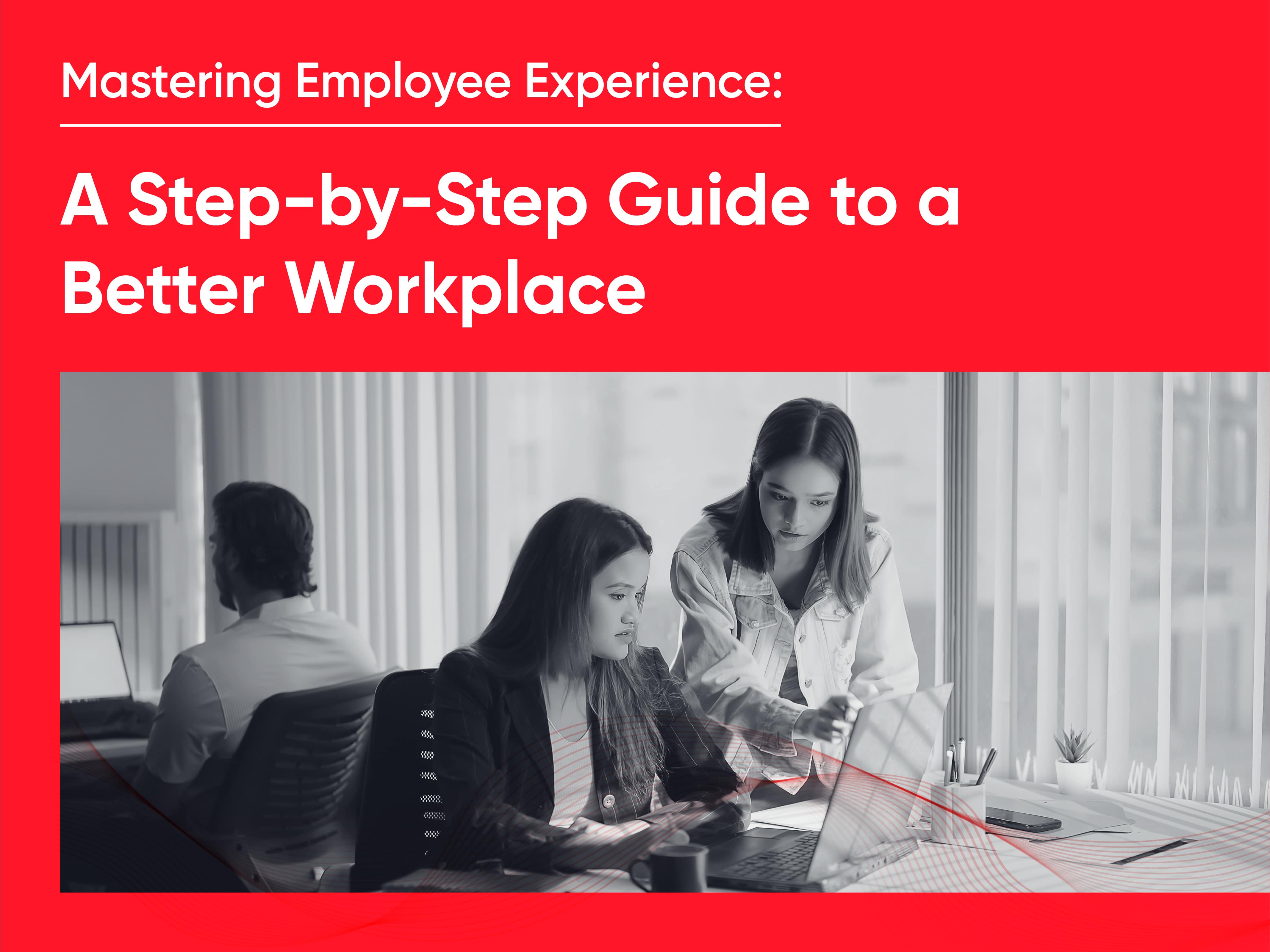Reading Time: 4 minutes
In modern workplaces’ fast-paced and competitive world, imposter syndrome has emerged as a silent barrier to individual and organizational success. Addressing imposter syndrome is not just a matter of personal well-being; it has far-reaching implications for workplace dynamics and overall productivity. Employees grappling with imposter syndrome often struggle to internalize their achievements, leading to chronic self-doubt. This chronic self-doubt, in turn, affects their performance and interactions within the workplace, creating an environment of insecurity and apprehension.
Understanding Imposter Syndrome
Imposter syndrome is a psychological pattern where individuals doubt their accomplishments and fear being exposed despite evident success. This pervasive self-doubt is not limited to beginners; even seasoned professionals and high-achievers frequently find themselves afflicted.
Individuals experiencing imposter syndrome often exhibit signs such as perfectionism, self-criticism, fear of Failure, and downplaying their achievements. These symptoms create a cycle of anxiety and undermine confidence, hindering personal and professional growth.
The Impact on Workplace Dynamics
Imposter syndrome significantly diminishes productivity. When individuals doubt their abilities, they tend to overcompensate, investing excessive time and energy in tasks to prove their worth. This over-commitment often leads to burnout, hampering sustained productivity.
In team environments, imposter syndrome can disrupt collaboration. Individuals may hesitate to voice their opinions or contribute ideas, fearing judgment or rejection. This reluctance stifles creativity and innovation, essential to a thriving workplace culture.
Long-Term Consequences
The long-term consequences of imposter syndrome are profound. Constant self-doubt can lead to missed opportunities for career advancement and personal development. Employees may avoid challenging projects or shy away from leadership roles, limiting their professional growth potential.
Addressing imposter syndrome in the workplace is not merely a matter of boosting individual confidence. Employers can mitigate the adverse effects of imposter syndrome by fostering a culture of acceptance, providing mentorship, and promoting psychological well-being. When employees feel valued and supported, they are more likely to embrace challenges, collaborate effectively, and contribute meaningfully, creating a workplace where everyone can thrive.
Strategies to Tackle Imposter Syndrome
Promoting Self-Awareness
Encouraging self-reflection and introspection is the first step in overcoming imposter syndrome. Individuals can confront these feelings head-on by recognizing and understanding the patterns of self-doubt. Acknowledging personal strengths and achievements is crucial, no matter how small they seem. Reflecting on one’s accomplishments provides a solid foundation for building self-confidence.
Fostering Supportive Work Environments
Creating a nurturing workplace environment is essential. Mentorship programs and peer support initiatives allow individuals to share their experiences and challenges openly. Leaders and managers play a pivotal role in fostering this supportive atmosphere. By actively listening and creating a safe space for employees to express their feelings of inadequacy, leaders can dismantle the walls of isolation that imposter syndrome often builds.
Developing Resilience and Confidence
Building resilience and confidence is an ongoing journey. Practical techniques such as positive affirmations, where individuals consciously reinforce their abilities and worth, can be transformative. Additionally, mindfulness practices help individuals combat negative self-talk by grounding them in the present moment, fostering mental resilience.
Cultivating a Positive Mindset
Embracing Failure as a Learning Opportunity
Failure is not the end but a stepping stone to growth. Encouraging employees to reframe failures as valuable learning experiences fosters a resilient mindset. Sharing stories of successful individuals who faced setbacks and emerged stronger exemplifies the transformative power of failure. These narratives serve as beacons of hope, illustrating that setbacks are not indicators of inadequacy but opportunities for personal and professional development.
Setting Realistic Goals and Celebrating Achievements
Setting achievable goals is vital in overcoming imposter syndrome. Individuals can measure their progress more effectively by breaking down larger objectives into manageable tasks. Celebrating even minor victories, whether completing a challenging project or receiving positive feedback, reinforces self-confidence. Acknowledging these accomplishments creates a positive feedback loop, bolstering self-esteem and diminishing imposter feelings.
Empowering Organizational Change
Training and Workshops
Organizations must invest in education and awareness programs. Regular workshops and training sessions can illuminate the prevalence of imposter syndrome and provide practical strategies for overcoming it. Interactive activities within these sessions encourage open discussions, allowing employees to share their experiences and learn from one another. These initiatives create a sense of unity, reassuring individuals that they are not alone in their struggles.
Policy and Culture Shifts
Organizational policies play a crucial role in combating imposter syndrome. Embracing inclusivity and diversity initiatives ensures that employees from all backgrounds feel valued and respected. Recognizing and rewarding employees based on their unique contributions and skills rather than mere seniority promotes a positive culture. This shift in focus redirects the spotlight from self-doubt to genuine recognition, diminishing imposter feelings. In the battle against imposter syndrome, self-awareness, support, and positive reinforcement are our strongest allies. Recognizing the signs and acknowledging personal achievements provide the foundation for building confidence. Organizations, leaders, and individuals are all responsible for creating workplaces where self-doubt has no room to thrive. By fostering a culture of understanding, implementing supportive policies, and championing the unique strengths of every employee, we can build an environment where everyone feels valued and confident. Visit us here to learn more.











